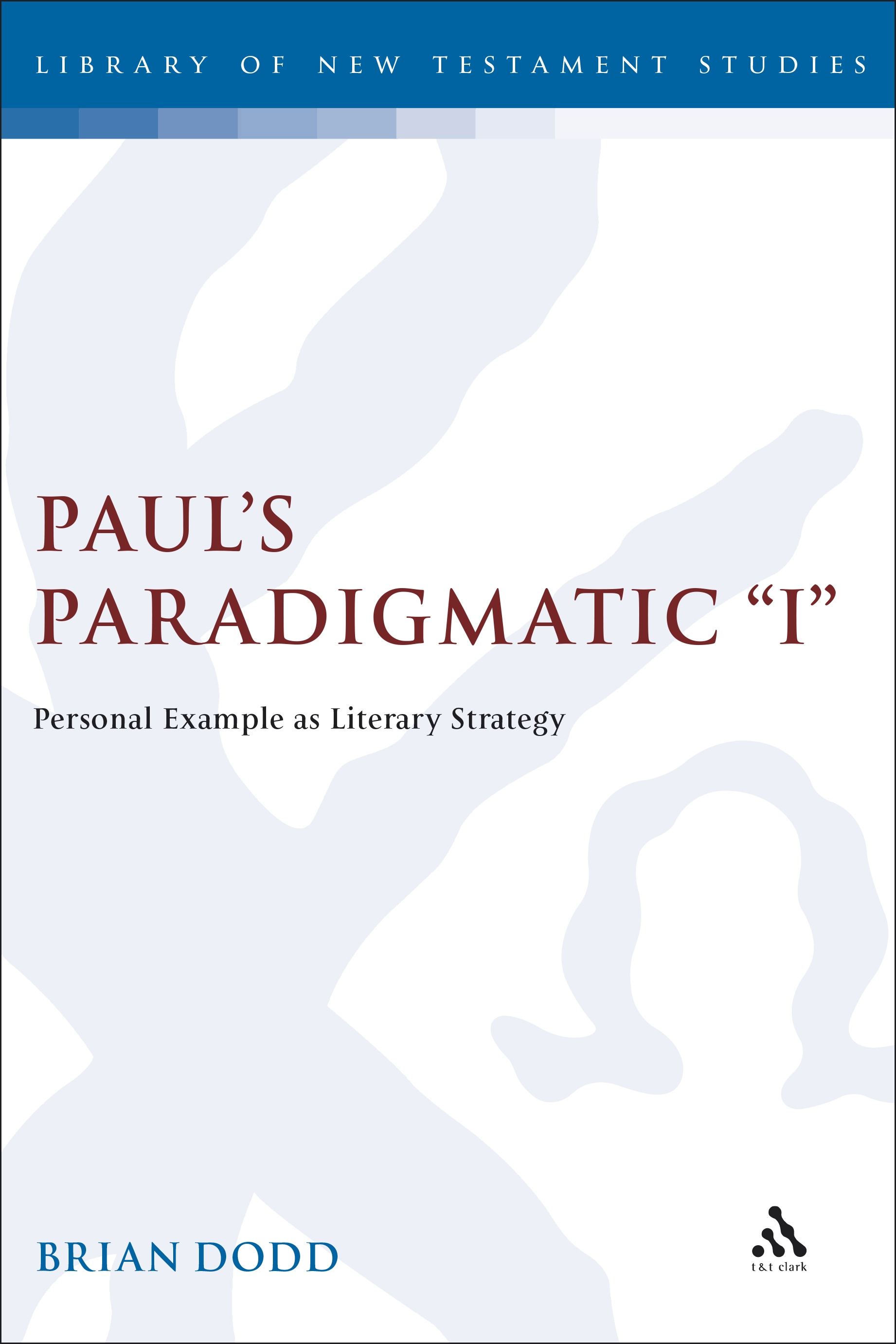Paul's Paradigmatic "I"
This study claims that Paul uses his personal example as an explicit literary strategy in 1 Corinthians, Galatians and Philippians, and as an arguably implicit strategy in 1 Thessalonians and Philemon. He uses his own example to ground and illustrate...
Read more
This study claims that Paul uses his personal example as an explicit literary strategy in 1 Corinthians, Galatians and Philippians, and as an arguably implicit strategy in 1 Thessalonians and Philemon. He uses his own example to ground and illustrate his argumentation in a rhetorically sophisticated manner, often structuring his argument on such a basis. In places a crisp statement of his own case serves as a thesis statement of the argument that follows (e.g., Rom. 1.17; Gal. 1.10), while at other times it serves to summarize the argument and to provide a transition to the next phase (especially in 1 Corinthians and Gal. 2.15-21). All the while Paul's self-portrayals in his letters serve not autobiographical or egoistic purposes but pedagogical and argumentative aims.
Less











.jpg)

.jpeg)















